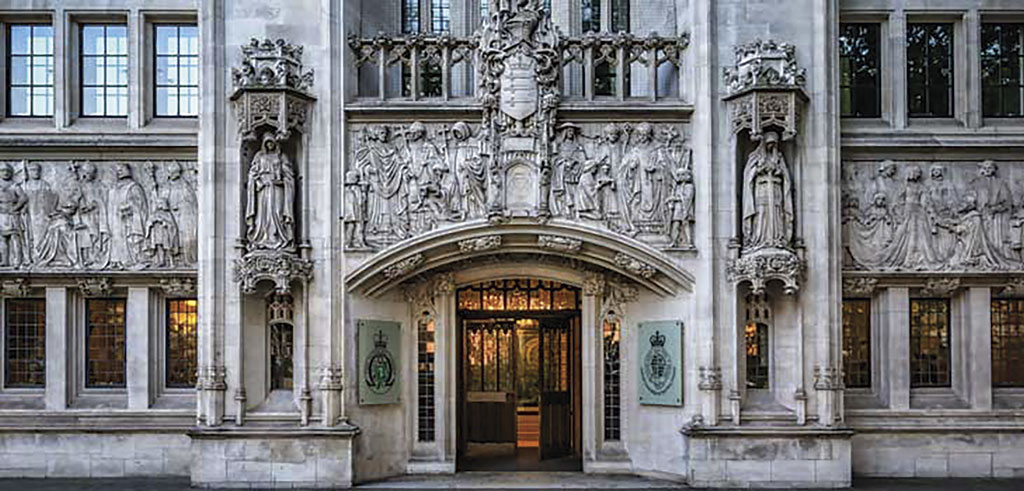
- The Supreme Court has just emphasised the importance of the applicant’s conduct in applications to discharge, or modify restrictive covenants under s 84(1) Law of Property Act 1925. What can we learn from the judgment of that Court?
On 6 November 2020, the Supreme Court handed down its judgment in Alexander Devine Children’s Cancer Trust v Housing Solutions Ltd [2020] UKSC 45, [2020] All ER (D) 37 (Nov).
This article suggests that some lessons can be learnt from that judgment. It concentrates on those lessons and does not set out the facts in any detail. For those, reference can be made to the judgment itself, as well as to the other commentaries on the decision.
In this case the Supreme Court upheld the decision of the Court of Appeal in November 2018 which had allowed the Trust’s appeal against the decision of the Upper Tribunal (Lands Chamber)









